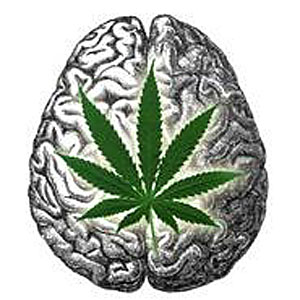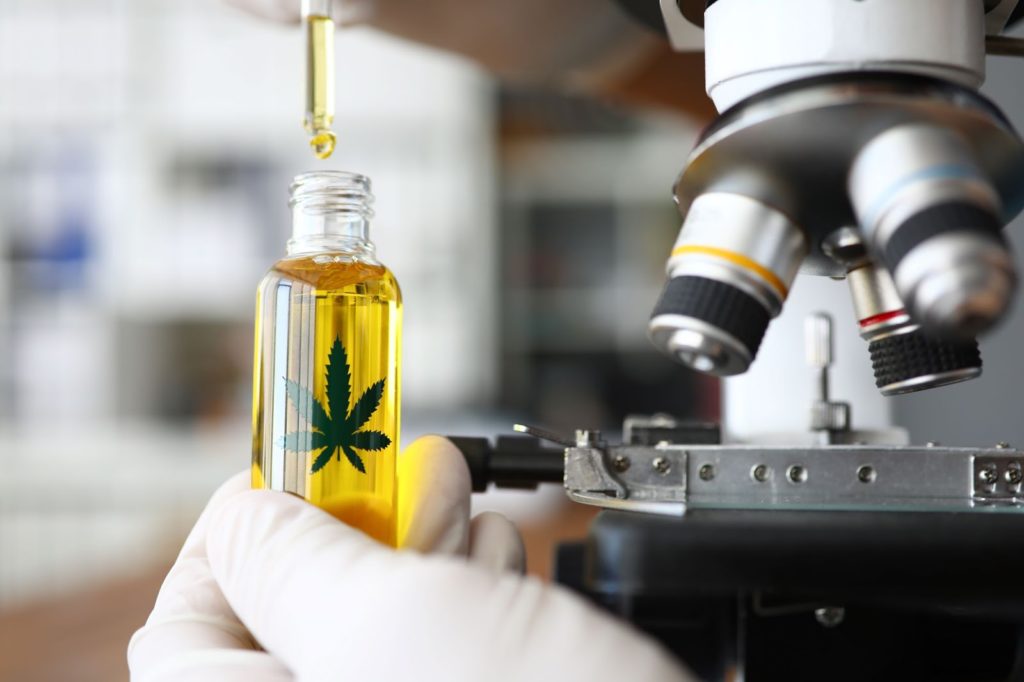A new study examining the effects of repetitive transcranial magnetic stimulation, or electromagnetic therapy, has revealed that cannabis may provide an alternative treatment option for those suffering chronic unpredictable mild stress.
Researchers from the Department of Psychiatry,Department of Anesthesiology and Institute of Neuroscience of Xijing Hospital, Fourth Military Medical University, in Xi’an, China, first examined the specific symptoms of chronic unpredictable mild stress in rats through a series of tests; a sucrose preference test, a forced swimming test, and an open-field test. Researchers also measured hippocampal CB1 receptor expression and cell proliferation.
The examination found chronic unpredictable mild stress induced a significant decrease in sucrose preference, a significant increase in immobility time in the forced swimming test, and a significantly decreased horizontal distance in the open field test. In addition, hippocampal CB1 receptor expression was notably reduced, and cell proliferation decreased. In laymens, the rats had a reduced interest in sugar, froze when put in water, moved less in an open field and saw a reduction of cell growth in the hippocampal part of the brain.
Researchers then applied repetitive transcranial magnetic stimulation to the subject models. The treatment resulted in elevated CB1 receptor expression levels in the hippocampus, increased cell growth, and a reduction of depression-related symptoms.
In an effort to pinpoint the exact reason why electromagnetic therapy was successful in treating chronic unpredictable mild stress, researchers repeated the experiment – but this time applied a selective CB1 receptor antagonist, AM251.
The new test showed that all beneficial effects achieved by repetitive transcranial magnetic stimulation were abolished by blocking the cannabinoid receptors.
The researchers concluded that electromagnetic therapy is an effective treatment for chronic unpredictable mild stress because it increases cell growth and positive chemical production in the hippocampal part of the brain – achieved through the stimulation of CB1 receptors.
Cannabinoid receptors are found throughout the body, and can be activated by endocannabinoids (produced naturally in the body), synthetic cannabinoids (manufactured chemically), or phytocannabioids, produced by plants – specifically, cannabis.
Transcranial magnetic stimulation is the administration of electromagnetic pulses directly into the brain, using a magnetic field about the same strength of an MRI scan. Although repetitive transcranial magnetic therapy was approved by the FDA in 2008 for use on patients with depression, multiple side effects have been documented, ranging from pain or discomfort of the head, face or scalp area to headaches, lightheadedness, and in some cases even seizures. Because the treatment is so new, long-term side effects are unkown.
Based on this study’s findings, cannabis may provide a safe, natural alternative to this procedure.
This study was published online ahead of print in the Journal of Psychiatric Research.
Source: TheJointBlog.Com





